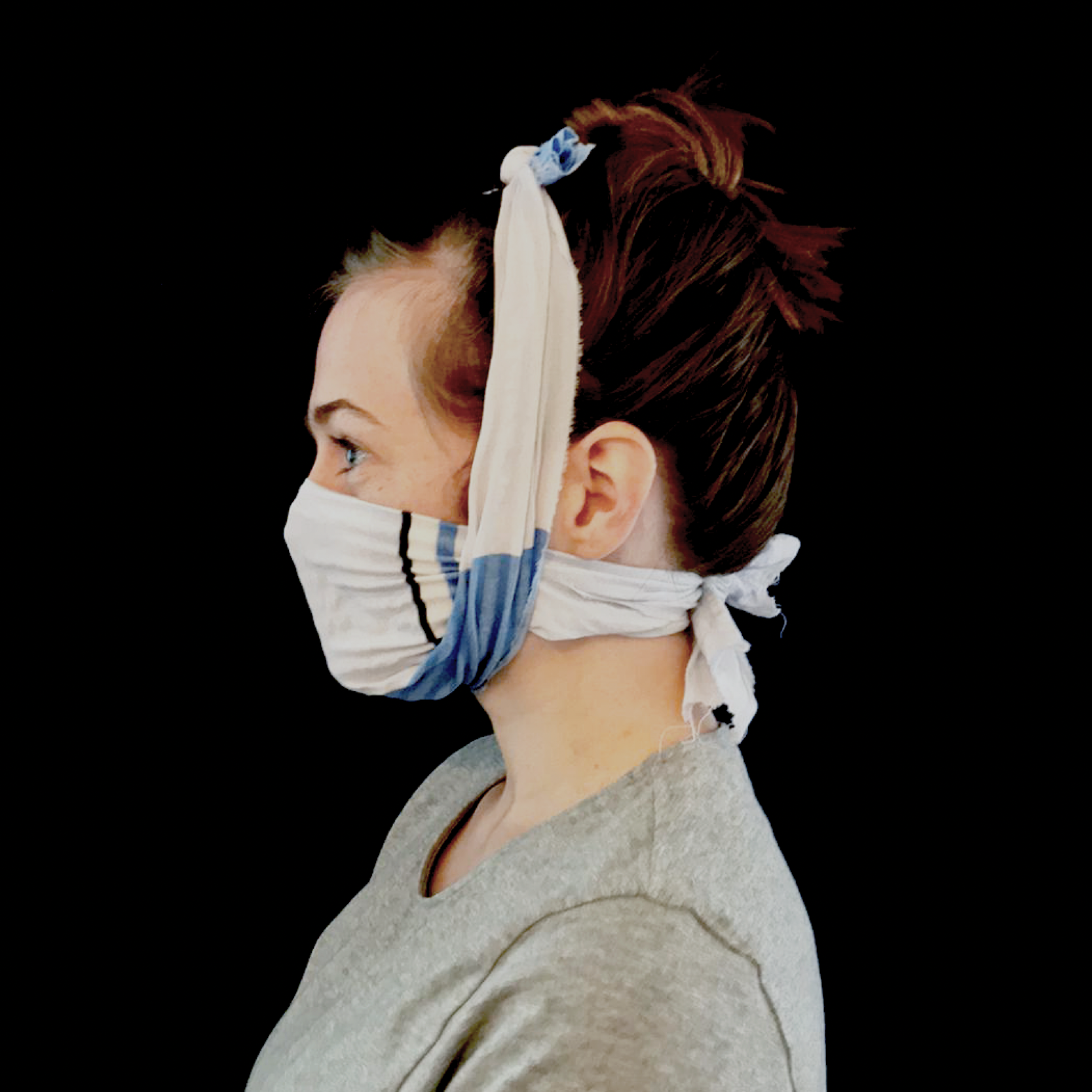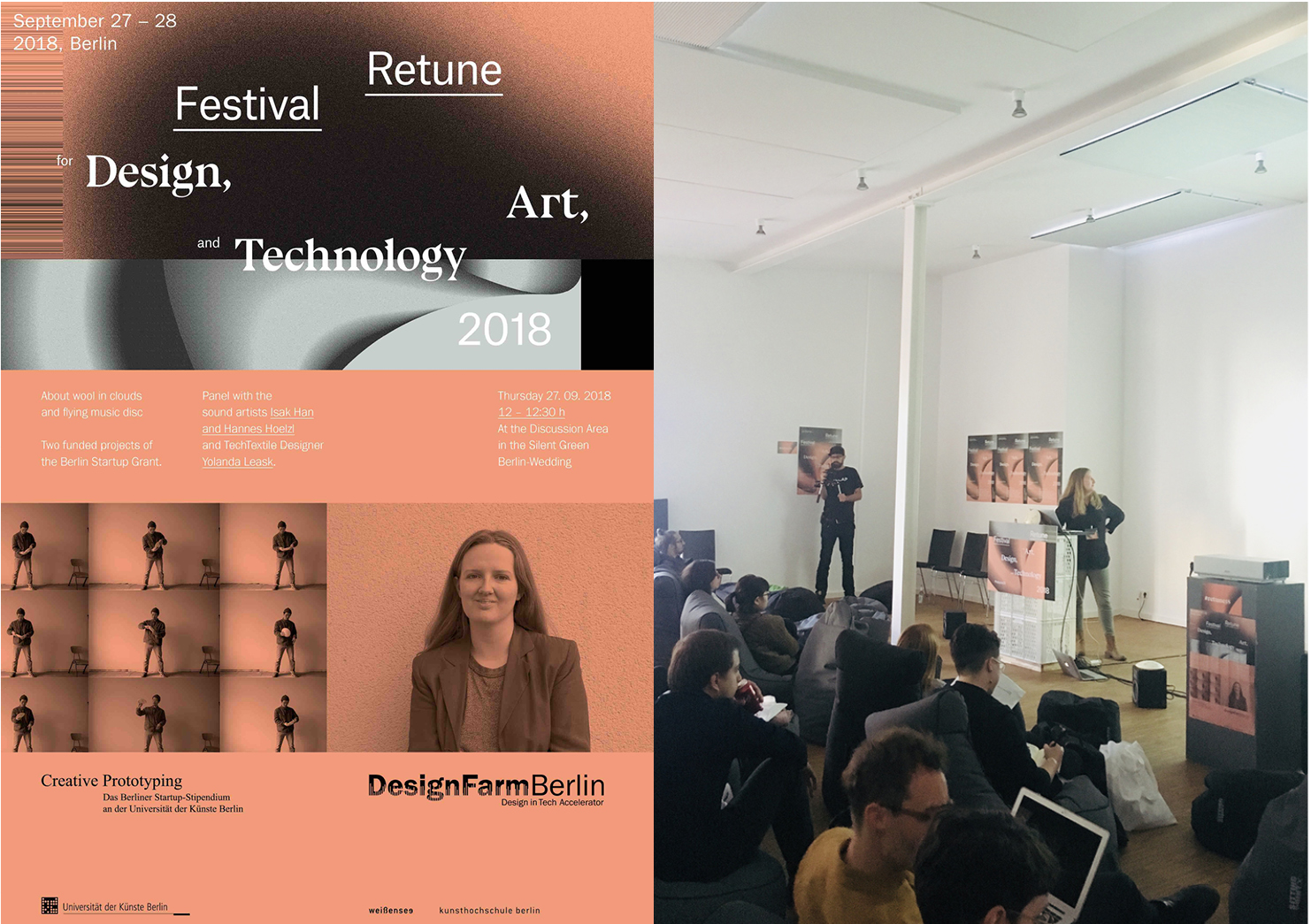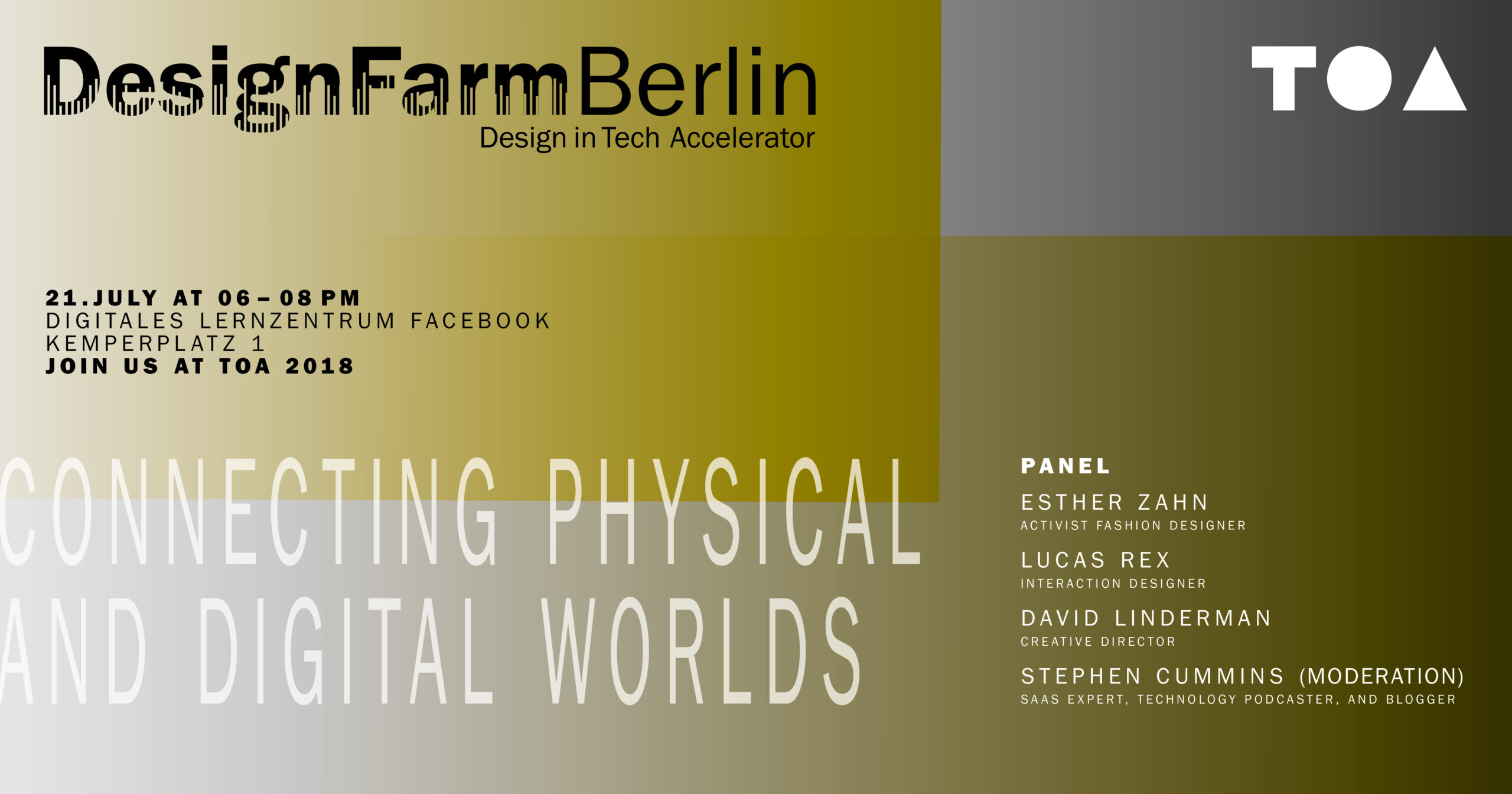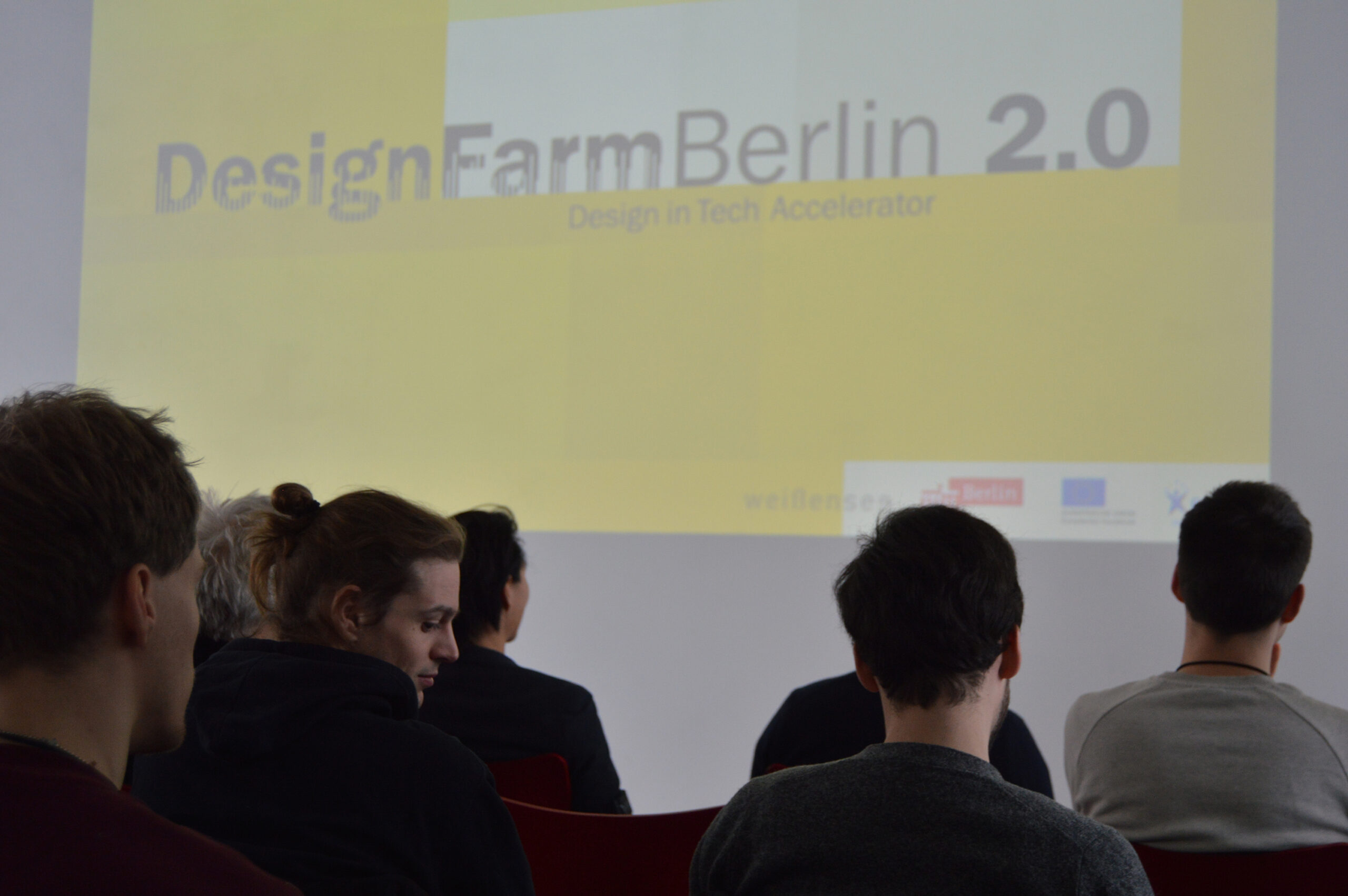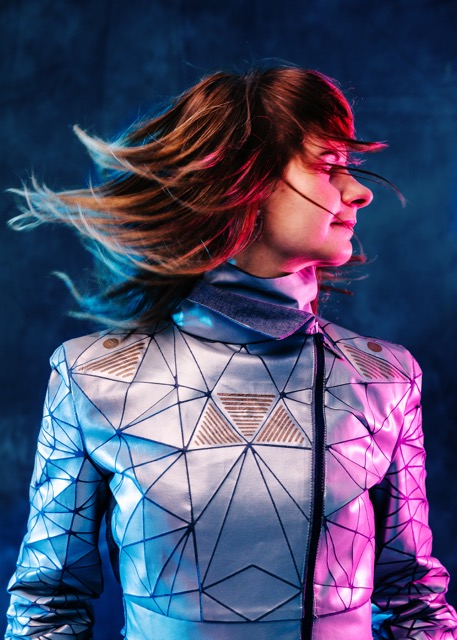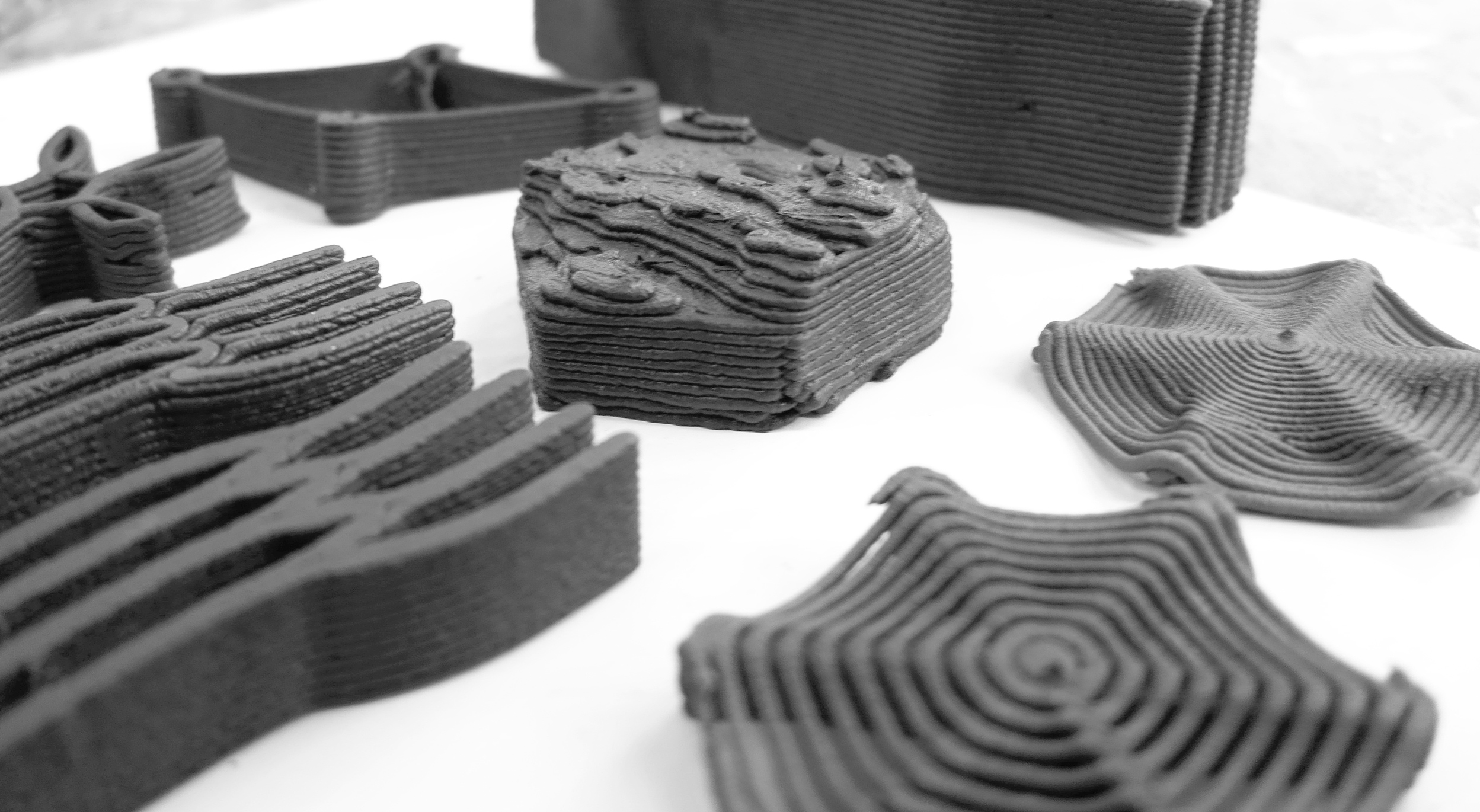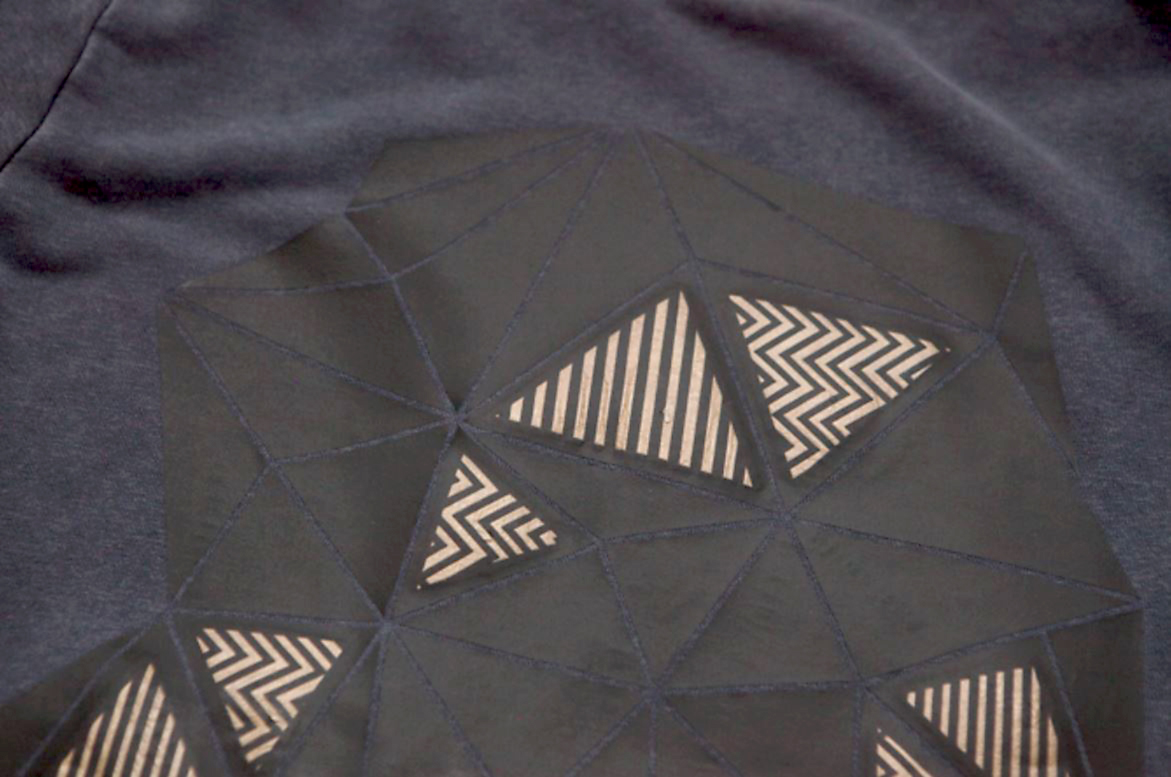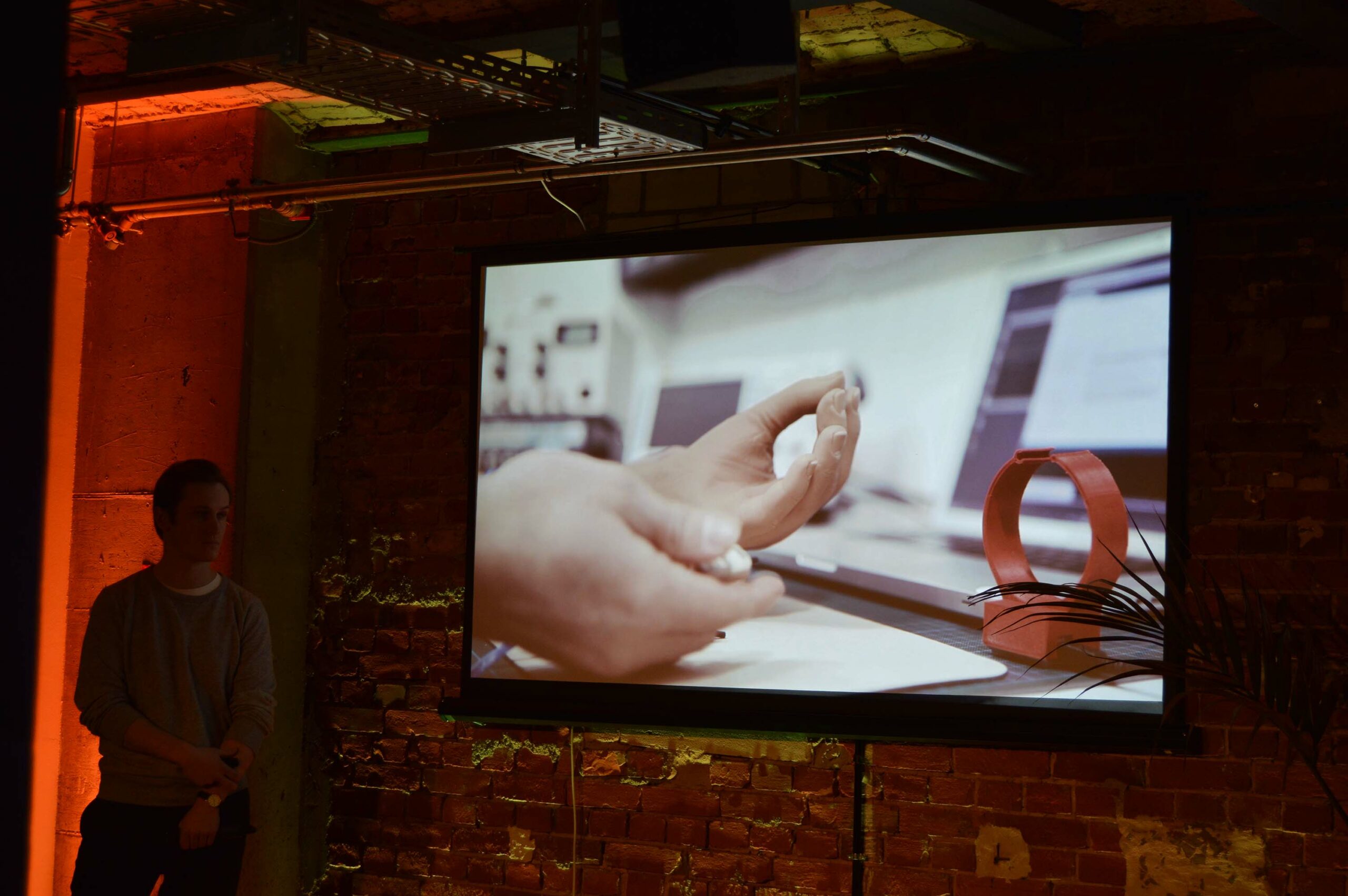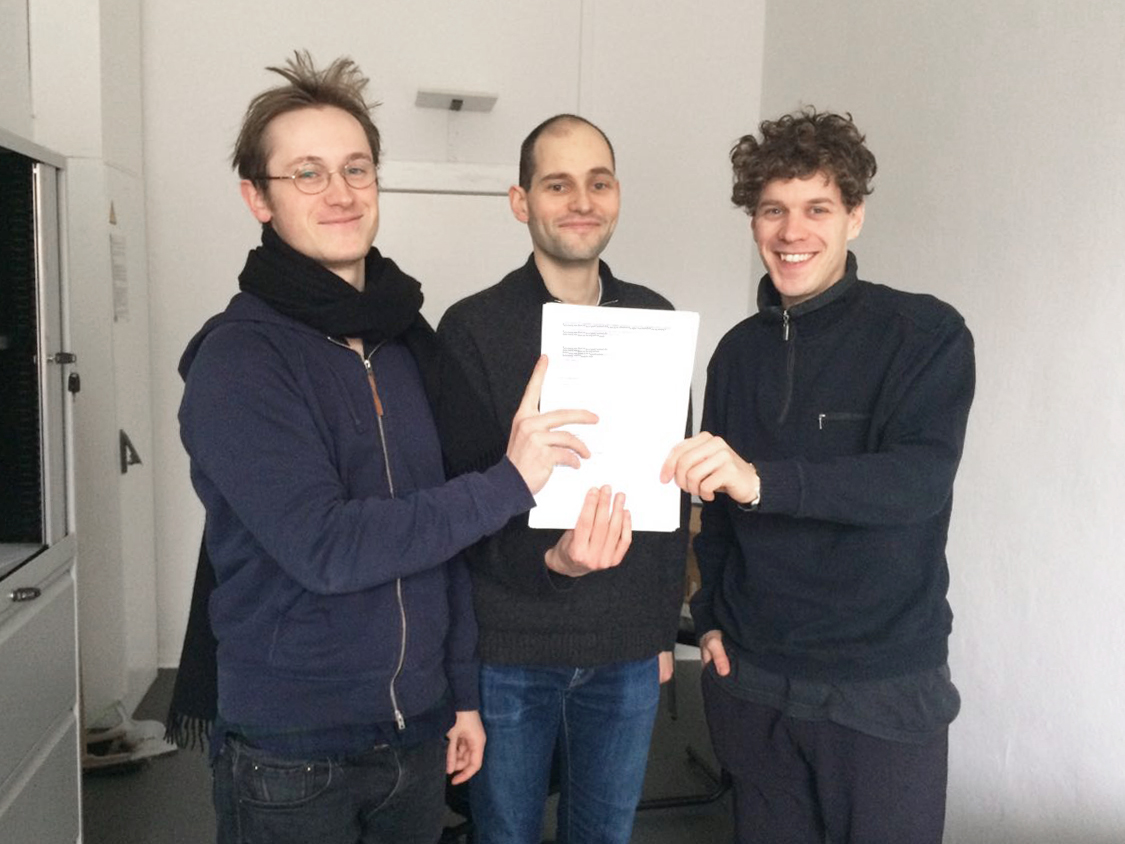Thanks for having us @retuneberlin, an innovative festival for design, art and technology. Former farmer Yolanda Leask from Doppelhaus, DesignFarmBerlin, and sound artists Hannes Hoelzl and Isak Han, UdK / Creative Prototyping, had a great opportunity to presented their products and ways into entrepreneurship.
The Retune Festival is a biennial event at the intersection of art, design, and technology. In its fifth edition, Retune will bring together more than 500 intrepid minds across 2 days.
The Festival is a “think-and-do-tank” and explores the speculative futures of our digital society. Internationally renowned creatives, researchers, and engineers working on the latest technologies will share their inspirational insights in talks and panels. Get your hands on in workshops and experiment with future ideas and technologies. Experience and immerse yourself into digital art with installations, exhibitions and performance. And exchange with interdisciplinary creative pioneers.
On February 27th & 28th 2018 DesignFarmBerlin selected the third batch of ventures that will work towards launching their products for the period of 6-12 months. We are happy to announce here the current founders:
Jonas Schneider and Valentin Landau from LS301 exploring human-robot collaboration
Kristina Huber, Stephan Bethge und Florian Frenzel from Foam Synthesizer creating new music tools
Eric Esser investigating the essence and the potential of 3D print
Maria Braun from Univessels with innovative home ware to simplify our daily lives
Yomi Ajani with Ultrabar - a radical assistant system for biking
Bernardo Agiles-Busch with AudioGait - a system to detect movement and translate it into audio feedback
and
Leon Laskowski, an agent for change, working at the intersection of materials and technologies
DesignFarm speaks up for designers, the role of design at Alliance of German Designers
we are happy to share that Esther Zahn is invited to the German Haus at the SXSW festival in Austin,Texas this spring! http://cargocollective.com/UXFTT
This summer ADDITIVE ADDCITED supports the project TON STEINE ERDEN (CLAY STONES EARTH) that takes place at Art Academy Berlin Weißensee and which is part of the greenlab. Currently, the greenlab deals with the manifold relations between Berlin and Brandenburg, in particular it concentrates on a region in the south-east called Oder-Spree. For a long time the natural resources of this region have been sand, wood, coal and clay – by using these natural resources, countless brickyards around Berlin produced construction materials for the flourishing capital. In view of promoting a sustainable building culture, the TON STEINE ERDEN project would like to once again emphasize those cultural and material resources and attempts to develop suitable and sustainable positions referring to the architectural structures that constitute a space: Ceramic and modular surfaces, tiles, bricks and building blocks of all kinds are under examination and are reconsidered in their manufacturing procedure and design.
“The project will give an introduction into working with ceramic materials and technologies from traditional and manual techniques to industrial ones, and it will deal intensively with the potentials of digital tools associated with design and manufacturing procedures of architectural ceramics. An important module in the project will be ceramic 3D-printing, its tool-free and additive procedure allows easily complex undercuts, coiled structures, and even the realisation of only one item becomes efficient with that technology.”
Prof. Barbara Schmidt
In that context, ADDITIVE ADDICTED is responsible for imparting the whole process of ceramic 3D-printing and we support the students in the planning and execution of their concepts. In May 2017 we began with an intensive workshop that inducted the students into ways of working with a ceramic 3D-printer: They learned more about the process itself and the characteristics of the semi-fluid ceramic paste. We've expanded on different strategies of generating data and have explored a wide range of examples to expose the potential as well as the limits of this technique. Further, we gave an well-founded introduction to the slicing-software Repetier Host. Repetier Host is not only the printer's virtual desktop but it also provides different slicing tools which offer a basis to generate the Gcode and to control the printer's settings. In the second part, the students started to print their own designs. By doing so, they experienced how they can adapt their digital CAD files according to material and technological properties and they realize that even the post-processing of slicing offers a wide range of creative possibilities. In the workshop we used a non-industrial clay that originally came from a forest in Brandenburg near the little village Sauen. To achieve a printable material, the clay was cleaned and processed in such a manner that it finally had the right properties and consistency. In the following weeks we will continue to support the project with our ceramic 3d-printing expertise. We will help to optimize the ceramic materials and we'll give support to adapt designs to the restrictions of the printing process.
Authors: Babette Wiezorek & Dawei Yang
More information: http://additiveaddicted.de/
Esther Zahn have met the radio journalist Dennis Kastrup from Berlin based radio.eins. They speak about the development in Fashion Tech Design, 'Soundstoffe' and choreographies that produce their own music.
Recall the complete dialogue on radio.eins: Fashion Tech Design
Developers, business economists and sales managers – the founding team seems to be complete. Far from it! Anastasia Zagorni, coordinator at DesignFarmBerlin, tells Projekt Zukunft why designers should play an integral role in a startup right from the beginning. The accelerator supports design-related startups founded at Weißensee Kunsthochschule Berlin. Read the complete interview here
We’re proud to let you know that Team Shortcut (David Kaltenbach, Lucas Rex and Maximilian Mahal) has been granted a one year EXIST scholarship, starting in June. The financial support and additional Coaching mean that Shortcut will soon be started up as a company officially, which will be an important step towards realizing the ‹Digital Prosthesis›.
Big thanks to weißensee academy of art berlin, primarily to the internal and external coaches of DesignFarmBerlin for the great support! It allowed us to develop business strategies, build a new prototype and file a patent, just to name a few. The support of the Farm also played a key role in applying for EXIST. We’re very happy and are looking forward to the next year.
Initiators: David Kaltenbach, Maximilian Mahal, Lucas Rex
More information: http://digital-prosthesis.de/
Contact
info[at]designfarmberlin.de
+49 30 47705 410
